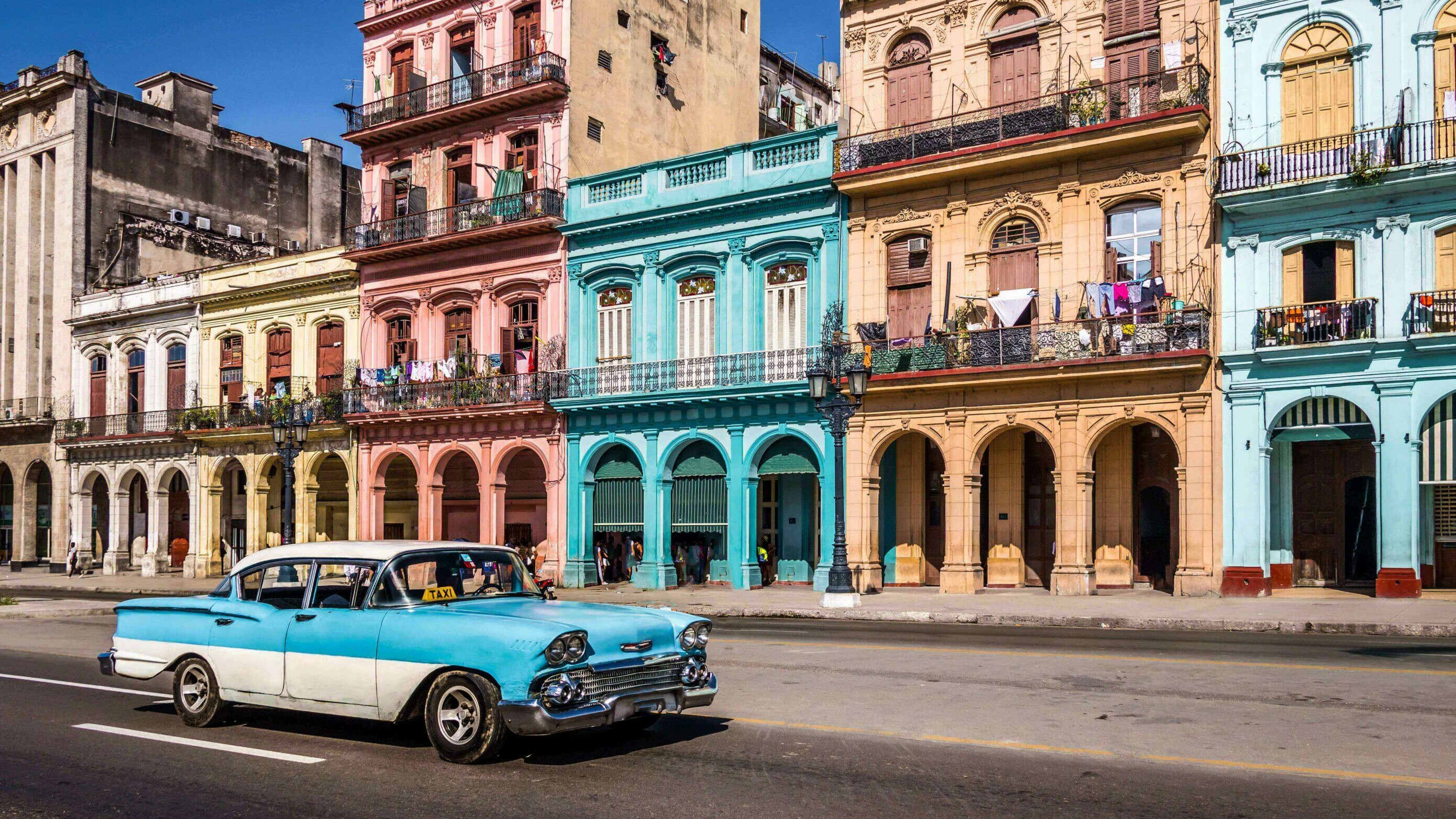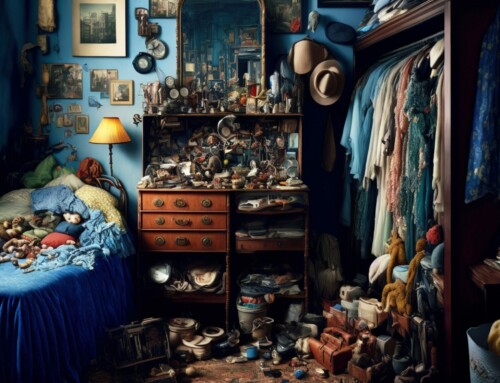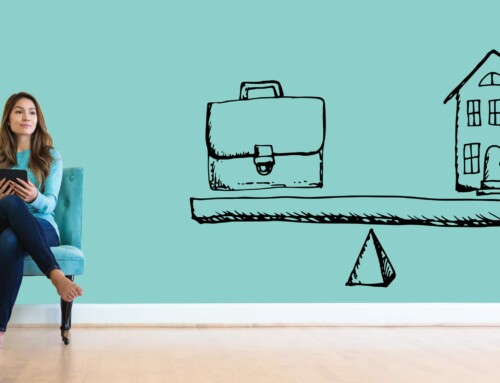The pearl of the Caribbean – exotic Cuba offers tourists an exceptional combination of unspoiled nature, beautiful beaches, history, street music, lively dancing, hospitable people and unique experiences. During our recent vacation spent in this interesting destination we were able to get to know the atmosphere that prevails here and the way of life they live. As Cuba is still a socialist state it is generally prejudiced and generally perceived in a rather negative light. Although it has its downsides there are also some things that work well and could easily inspire other countries.
It is well known that the most populous and largest country in the Caribbean, consisting of over 400 islands is one of the countries with a high poverty rate. Cuba won an ugly first place which is not something to brag about. People living in Cuba receive the lowest wages in the whole world. However there are very friendly and open people in Cub, which we had the opportunity to experience first-hand despite the difficult life. In this way they react to the not so good aspects of life and try to see the good in life. Therefore we could take an example from their attitude to life. Despite the great poverty and the existential problems they have to deal with on a daily basis they exude a sense of well-being and calm. Where we are so often negative and yet we are not that bad compared to them. In addition we can be inspired by other things.
Healthcare
It may come as a surprise to some but the medical system here is of a very high standard. Cuba is one of the countries with one of the best healthcare systems in the world. It is completely free for Cubans even though it seems incredible to us Europeans. Even dental treatments are free whereas elsewhere it is an expensive affair. Ironically Cuba has the most doctors per capita in the world. They are of good quality which the government takes advantage of and sends them to otherdeveloped countries. This is a source of funding for the state. They focus primarily on prevention thereby avoiding the occurrence of serious diseases.
By detecting it early it prevents premature deaths of people who would have had a better chance of recovery if the disease had been caught at an earlier stage. In this way the cost of expensive treatments for many serious diseases is also being rapidly reduced . Thanks to a well-functioning health system that is equal in quality to that of the most developed countries Cubans live to the highest average age of all people in the Caribbean and Latin America. They also have the lowest neonatal and infant mortality rates. There is good education on how to prevent disease which together with prevention makes up most of the success. It is true that the equipment of public hospitals is quite outdated and often inadequate.
Education
Free education is also common thing in the land of cigars and rum. Compulsory schooling is in place so Cubans are literate despite their poverty . Up to 99.8% of them can read and write. While literacy is a given in European settings it is not in Latin American countries. But after leaving school a young person must work for at least two years in the field in which he or she was educated. Only then can he or she change careers and work in another field. The state determines where to and in which region you will go. The reason is that Cubans are allowed to study with state money. This is also the case in other countries but the Cuban government sees it as meaning that if they studied for free they must have worked in that sphere. In this case young people will have a better idea of what to study.
Security
Although Cuba is extremely poor and suffers from shortages it is a safe place which the government has achieved by frequent police patrols on the streets which are a normal part of Cuban life. Interestingly it is forbidden to carry a pocketknife which is punishable by up to five years in prison. If someone resorts to theft he or she will face a severe punishment of several years in prison.
However other aspects or areas are in a rather critical state. This includes the aforementioned low wages which affect overall life and the economy. It is no better with food and other goods.
Business and economy
There are two types of shops here – one is for local residents and can be paid for exclusively with the local currency the Cuban peso or the other option ration cards. Cubans rely on rationing goods as they do not earn enough for basic food such as rice sugar and vegetables. They have to buy the rest in the shop where there is not much choice either. The second type of shops are supermarkets for tourists where you can find imported goods. However, even there the choices do not really vary – there’s often one type of goods placed along entire shelves. You cannot choose from different kinds of brands as we are used to in Europe.
Above all is the government
Another negative is that everything people grow belongs to the state. They cannot grow anything for themselves. Producers have to hand over up to 95% of their profits for raw materials to the state. The state has control over all business processes. Even the restaurants are owned by it. Through the US embargo only certain foods reach Cuba which means that the Cuban diet is far from diverse. Cubans therefore do not know the pleasure of food. The Caribbean country is known around the world for its quality cigars. Their producers are only allowed to sell 10% of them the rest belong to the state.
Censorship
There is a huge censorship typical of the communist regime. The government owns the media and thus influences what gets out through it. Access to the public wifi network has only been available for ordinary people since 2015 . However some sites are still inaccessible to people. Mobile phones and own computers can be used since 2008. Antique car rides are a very popular tourist attraction that no visitor can miss. But do you know why there are cars from the 1950s running here? Because until 2011 the import of cars was banned in Cuba. The ban on television internet or telephones was linked to keeping locals from learning about life outside their country. In Cuba compulsory military service of two years has been introduced not only for men but also for women.
Cuba is a country full of paradoxes – on the one hand a good health system, on the other a weak economic system and strong censorship. Our company Atena sees this country as a source of positive inspiration for other countries. Not everything is white or black. In every country, there are pluses and minuses, disadvantages, and advantages but what we can all take inspiration from the Cubans is a positive approach to life.







